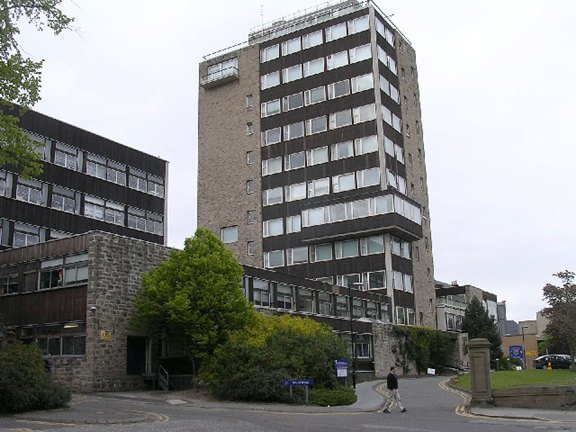Dundee University staff members are preparing to go on strike unless assurances are given there will be no compulsory redundancies from the institution.
The university is undertaking a strategic review, under which 195 jobs will be lost through a Voluntary Severance Scheme. It is hoped all the positions will be shed through the voluntary means, but compulsory redundancies have not been ruled out.
The University and College Union (UCU) has criticised the strategic review as pointless on the back of the UK Government’s spending review and said it is set to ballot members for industrial action.
Dundee president of the UCU, Dr Carlo Morelli, confirmed a meeting would be held today to decide the union’s next step.
“We are calling on the university to abandon its redundancy policy and commit to no compulsory redundancies,” he said. “If they don’t we will ballot for industrial action nationally and locally.
“More importantly, we don’t think there is scope for a strategic review to take place on the back of the spending review because that’s changing the shape of finances.”
Dundee University Court met on Monday and said in a statement it had noted the progress of the strategic review and the staff numbers and savings associated with the Voluntary Severance Scheme.
The statement added that the strategic review process would continue under the guidance of the university’s senior management team, working closely with the colleges and schools across the institution. The court refused to rule out the possibility of compulsory redundancies if enough volunteers cannot be found.New schoolsOne part of the strategic review that has stoked a positive reaction from staff is the creation of both two new schools within the university the school of business and school of the environment.
The school of business has been created from the merger of the school of accounting and finance with the discipline of economics, formerly part of the school of social and environmental sciences.
Business school dean Professor Christine Helliar said, “The opportunities that this brings are tremendous. Our current and future students will benefit from the greater number of programmes and wider choice of topics that the school can now deliver, which meet the demands of a modern, global workforce.
“The new school will build on a strong portfolio of business-related programmes at the undergraduate, taught postgraduate and research levels. These will now be offered through a single gateway enabling the school to recruit more effectively in new markets, particularly overseas.
“Research in the disciplines of accounting, economics, finance and management will be strengthened by exploiting synergies that are currently reflected in joint programmes.
“In particular, we hope to exploit our common interests and expertise in the working of financial markets, workplace practices, corporate social responsibility and sustainability, and health and well being.”
The school of the environment has occurred through the merger of the school of architecture with the disciplines of geography, environmental science and town and regional planning, formerly parts of the school of social and environmental sciences.
The new school will focus on the topical agendas of sustainability, both in the natural environment and in built up areas alongside sustainable communities.
